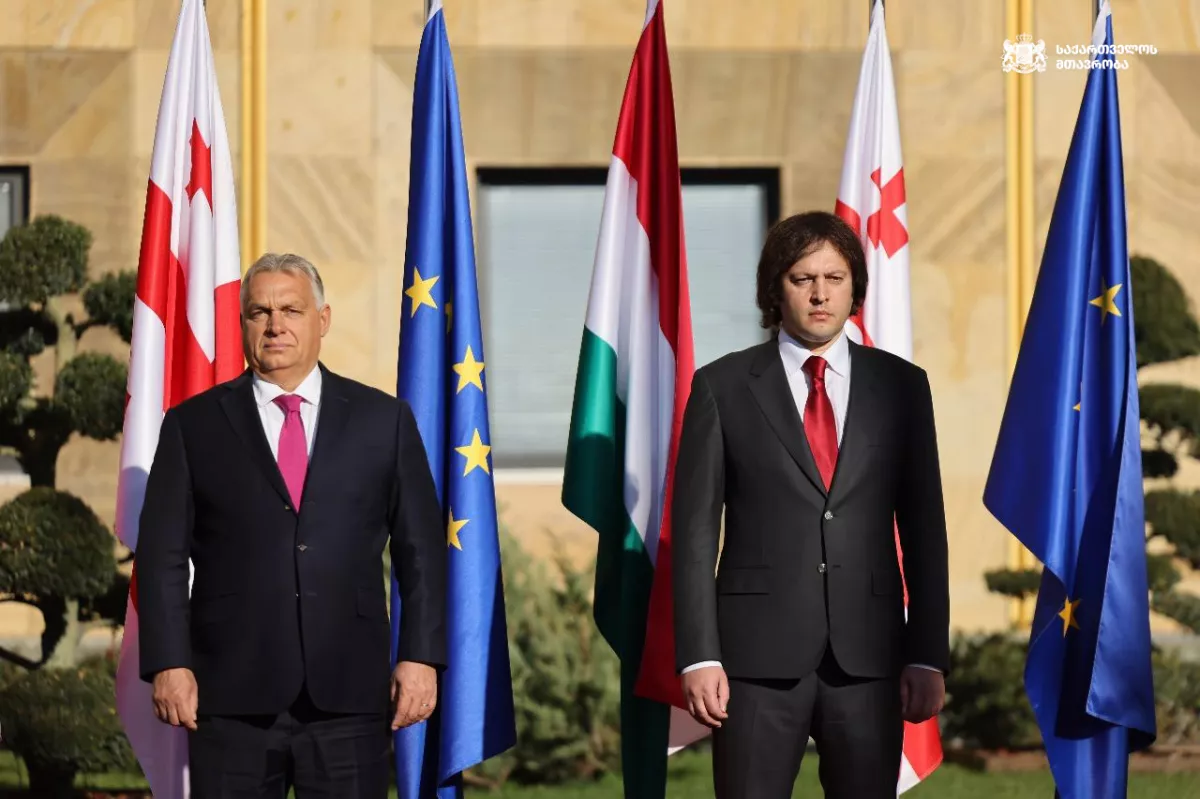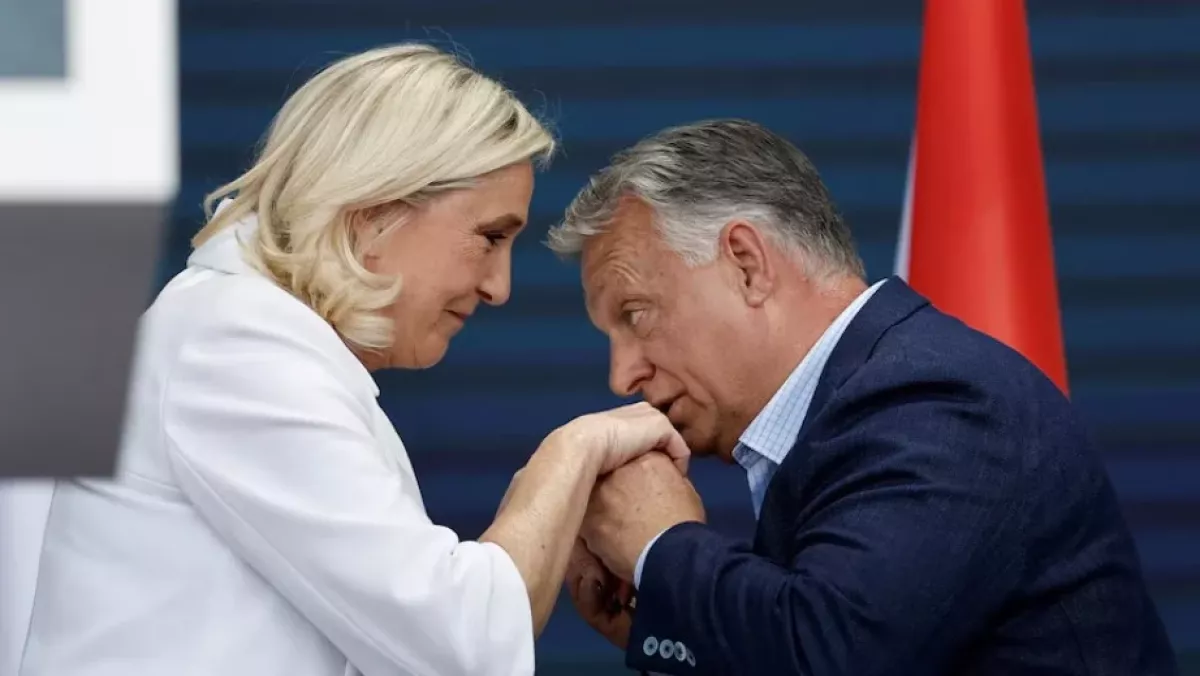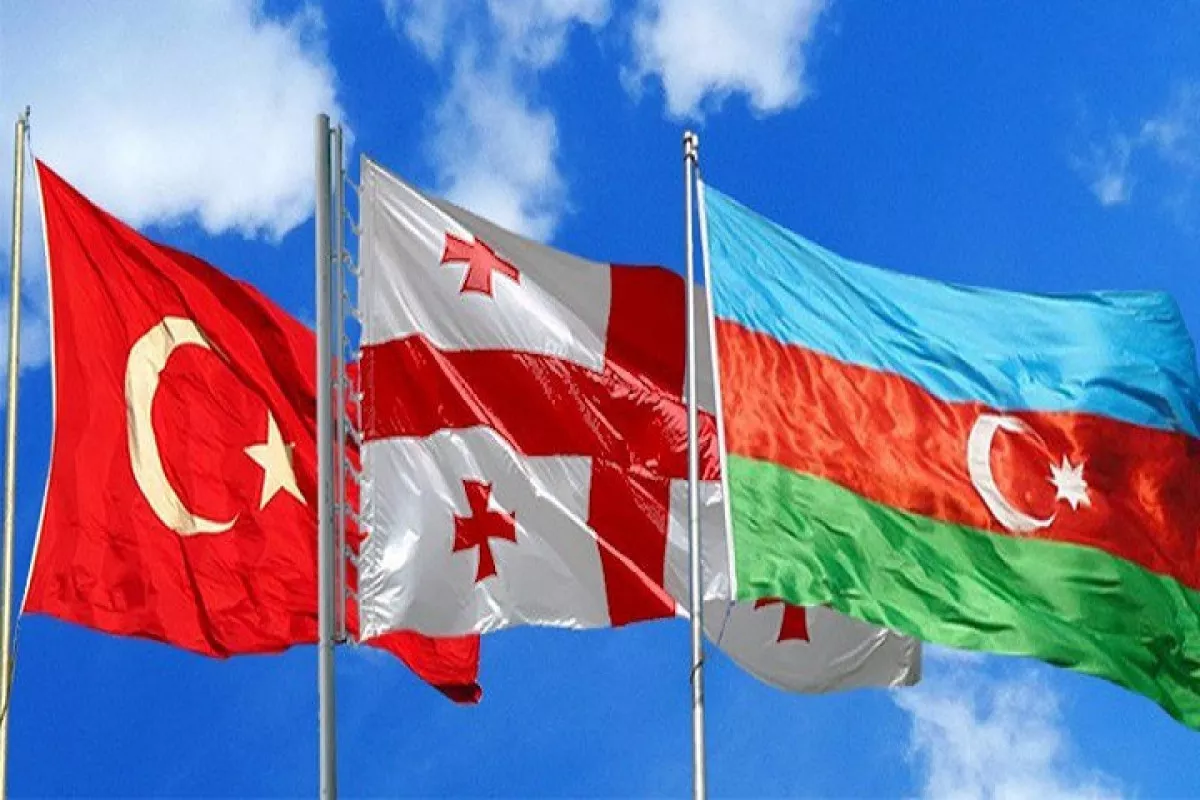Unyielding before Brussels Hungary and Georgia unite against EU pressure
Against the backdrop of a deepening ideological divide in Europe, the visit of Georgian Prime Minister Irakli Kobakhidze to Hungary on June 11–12, 2025, was more than just another diplomatic trip. It became a demonstrative act of solidarity between two countries that are increasingly positioning themselves as bastions of traditional values, national sovereignty, and an alternative to the left-liberal mainstream dominating the EU institutions.

This visit carried important symbolic weight in shaping a new political architecture for Europe, in which Hungary serves as a kind of “pole” of right-wing conservative thought.
Budapest’s emphasis on traditional values, national sovereignty, and strengthening the institution of the family is making Hungary increasingly appealing to Europeans with a conservative outlook. In this context, Hungary is perceived as a counterweight to the left-liberal camp, whose most prominent representative today is France under Emmanuel Macron’s leadership.
Hungarian Prime Minister Viktor Orbán, aiming to strengthen the position of right-conservative forces in Europe, is actively seeking allies beyond the EU. In this regard, closer ties with Georgia appear to be a natural and logical step. Budapest consistently supports political forces across Europe that are aligned with Christian values and is emerging as their geopolitical hub. Hungary’s significance in the pan-European context has long exceeded its territorial and demographic dimensions.
Moreover, Hungary is actively involved in the work of the Organisation of Turkic States and is therefore engaged in the implementation of large-scale projects aimed at shaping the geopolitical space of the "Greater Turan." In this context, cooperation with Georgia in developing the Middle Corridor — one of the key transport routes between Europe and Asia — is of particular interest. Despite pressure from Brussels’ bureaucracy and liberal forces within the EU, Tbilisi continues to uphold its Christian values and national sovereignty, bringing its political course closer to that of Budapest.
On June 9, 2025 — two days before Irakli Kobakhidze’s visit to Hungary — Viktor Orbán took part in an event held in the commune of Mormant-sur-Vernisson in France.

The occasion was the anniversary of Marine Le Pen’s National Rally (RN) victory in the European Parliament elections. The forum brought together leaders and activists from Europe’s right-conservative parties aligned with the "Patriots for Europe" group in the European Parliament.
In his speech, Viktor Orbán expressed full support for Marine Le Pen and her political platform, noting that RN has become the main opposition to France’s current left-liberal administration. He stressed that the challenges facing Europe today require unity among European patriots, declaring that Hungary is now the EU’s “black sheep,” “Brussels’ nightmare, the hope of European patriots, and a Christian stronghold.” Orbán stated: “We Hungarians will not kneel before Brussels .”
According to him, Europe’s right-wing forces need real examples and precedents of successfully defending sovereignty and national interests. Georgia, in Orbán’s view, has become such an example. Following the decisive victory of the ruling Georgian Dream party in the October 2024 parliamentary elections, the government received a clear mandate from the people and successfully thwarted attempts at foreign interference and an unconstitutional coup.

Georgia’s foreign policy remains balanced and pragmatic. The country's leadership maintains close ties with its traditional partners — first and foremost Türkiye and Azerbaijan — and prioritises the development of its transit potential. This approach has enabled Georgia to achieve record-high economic growth rates, particularly in comparison with most European countries.
During a joint press conference in Budapest, Viktor Orbán made a pointed remark: “In 2022, when global ‘mainstream liberals’ tried to hinder us and you, preventing governments like the ones we have now, what would have happened? Even today, we have to fight them because the Georgian government is a beast that the EU and Brussels fear to confront. Georgia was the first to resist. This emotion is shared by us. We also want such economic growth, and in time, we will achieve it.”
He also remarked: “…It is a great honor for us, primarily because Hungarians respect history, and you have an extraordinary history. Your Christian history is far greater than ours […] Phrases like ‘I love my homeland’ or ‘I am proud of my country’ are considered shameful in the West and are no longer used, but we still love saying these words.”
Following the talks, Orbán posted on social media: “Hungary and Georgia, two sovereign nations refusing to be pawns in someone else’s war. We reject blackmail, resist foreign pressure, and choose a path of growth, energy security, and closer cooperation. Let’s get to work!.”
Thus, amid mounting pressure from liberal circles within the EU, Hungary and Georgia are emerging as symbols of a right-conservative alternative in Europe. Their alliance sends a message to other countries: it is possible to defend national interests and family values successfully in an age of globalisation and political turbulence.
Vladimir Tskhvediani, Georgia, exclusively for Caliber.Az








